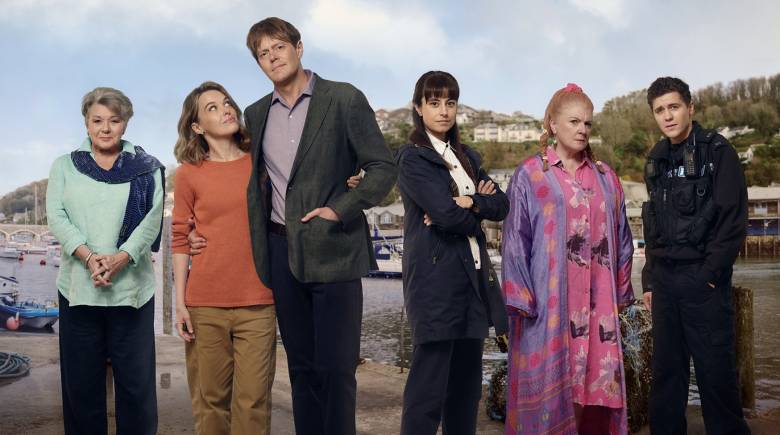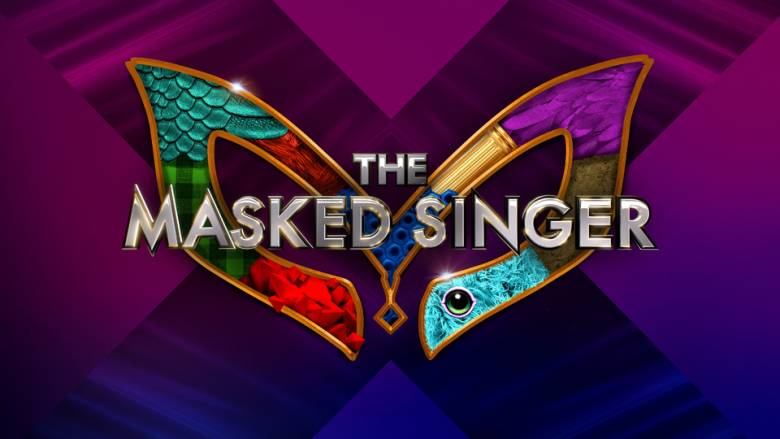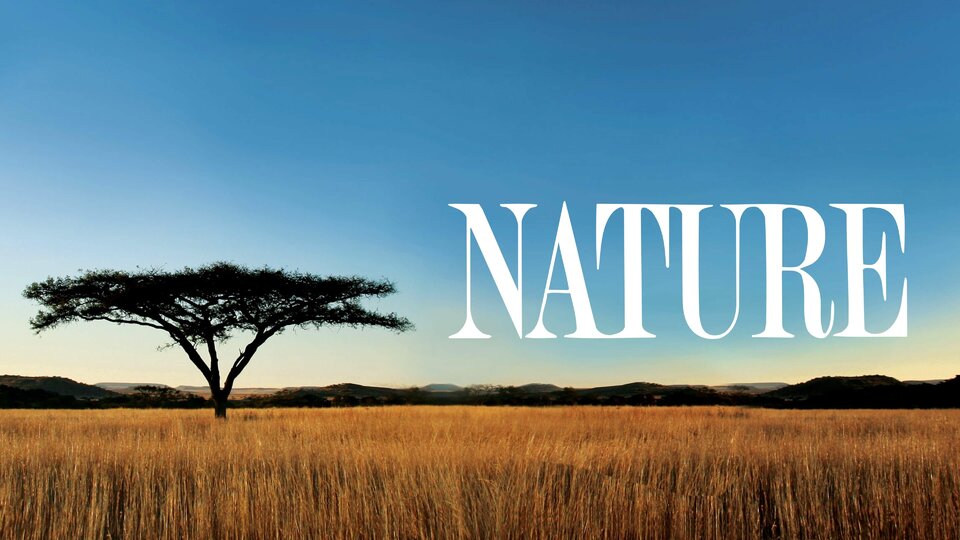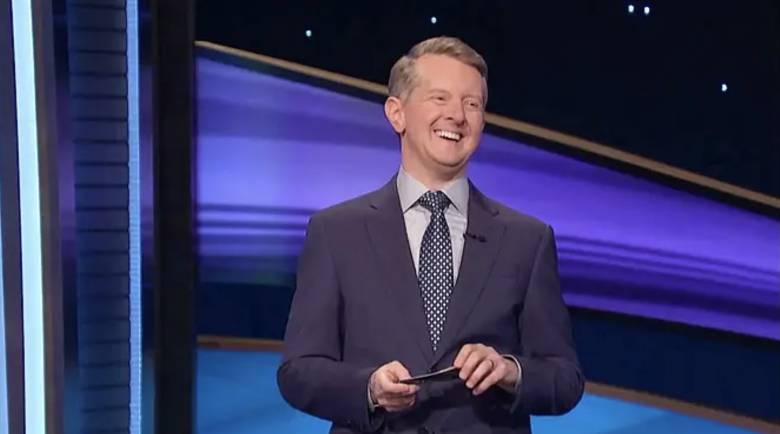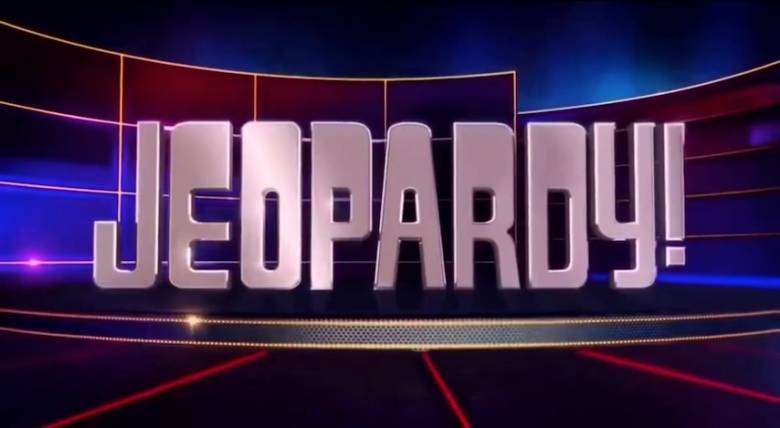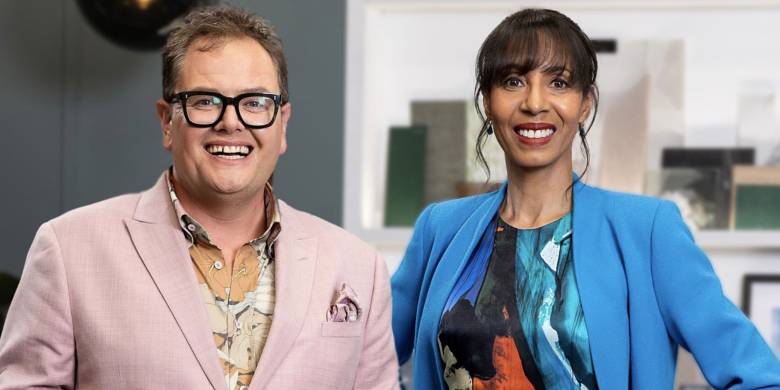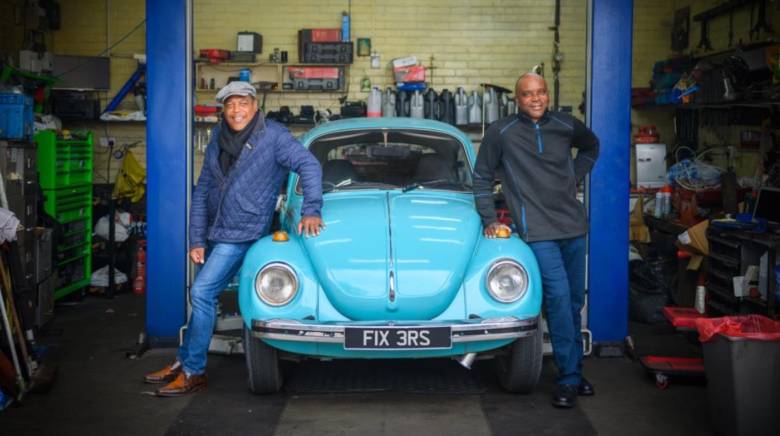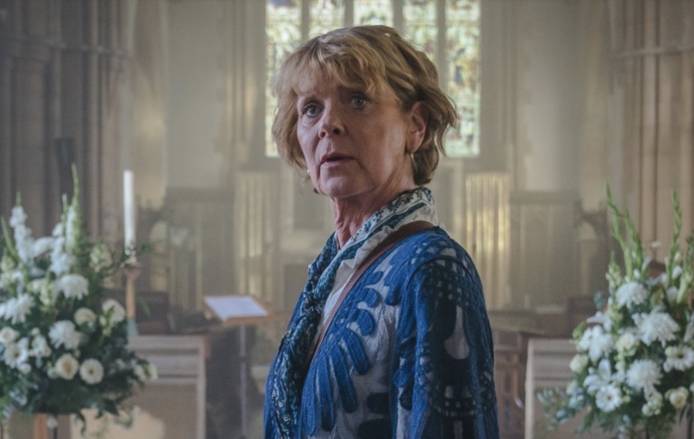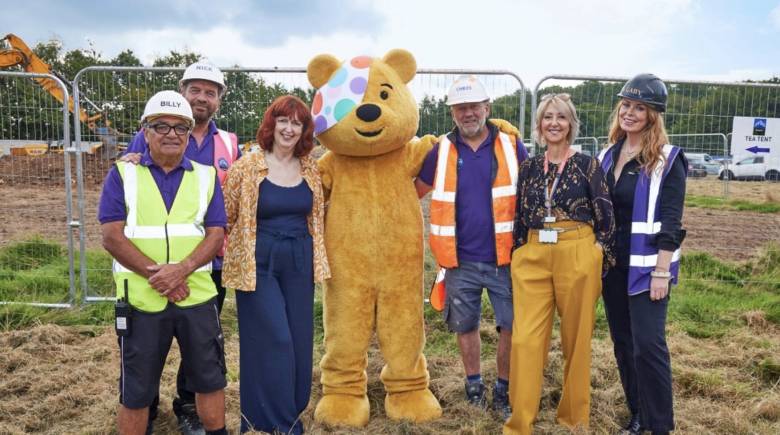Congratulations on the BAFTA win for Born Without Trace!
“It was an incredible feeling. But to be honest, when you win these things, we didn’t really feel like it was us winning. With this programme it’s all about the people who have come to us for help and we’ve have found answers and they have given inspiration to others. It’s brilliant to win and the team work really hard. It’s a fantastic team. But we’re always minded that we are ultimately facilitating these stories and people’s lives. The programme is nothing without the people who come to us.”
Incredibly this is series 11 of the main LLF series, you must be proud of its enduring success?
“It’s unbelievable. When we did the first series and the very first episode went out, I was in New York for my 50th birthday. I woke up and there were all these amazing texts and messages.
Also, texts from Davina saying, ‘Oh my god, look what happened!’ Because social media was just rammed. We knew we had something unique in this series but from the immediate reaction we could tell then that we had something really special, that really resonated with people.”
What can viewers expect from the new series?
“Many more fascinating stories. Also, it’s unique given the time we are all living in. The fact that some of the reunions had to be done on zoom or at a distance, almost made them more powerful. We obviously had to follow the guidelines for filming as they were at the time of each reunion, in terms of social distancing and so on. In some cases, people were able to choose to take Covid tests to enable them to embrace if they wanted to. But there were a couple of reunions where they couldn’t touch each other or hug, and those were some of the most powerful reunions that we’ve had, that pent up emotion into an explosion of emotion, it was amazing.”
What can you tell us about Dominic Matteo’s story (ep1)?
“Dominic’s search for his birth mother was driven by his recovery from a brain tumour and it was clearly a life-changing moment for him. Life-changing moments like that, sometimes it’s an illness, sometimes it’s a child being born, sometimes it’s a relationship finishing, they make you just start to assess the world in a different way. Very often it spurs people to seek answers, because it makes you think about everything afresh. If you’re ill for example it makes you think, ‘Well, we’re not here for long, we are all so fragile’. Those experiences make you wonder about things beyond yourself and there is no greater thing than finding out who you are and who gave birth to you. It does make you think very profoundly and that sense of, ‘I’ve got to do this now, I’ve got to find that person’. Because if you wait much longer, life can pass you by.”
How did it feel to tell his mum that her son played football for Scotland?!
“I’ll never forget the look on her face. Imagine the pride of having a son and wanting to know what he’s done, and she’d have been proud of him whatever he’d done in life – I remember her saying that, of course. But just that extra thing of him playing for his country as a professional footballer. Just wonderful. I loved that story because I’m a football fan and a Scotland fan and Dominic was a great player. So it was really exciting for me to have that aspect of it and I’m so pleased that he came to us and we were able to find answers for him.”
In both ep 1 stories there is a sense that the mother’s giving up their babies for adoption was the ultimate act of love – Lisa’s mum described the pain of giving her up but said, ‘She deserved more’ and similar with Dominic’s mum?
“I think one of the best things about this, one of the most wonderful things is that you’re bringing peace of mind to people. Very often the emphasis of it when we speak about it, is towards those who are searching. But these two mothers have lost so much in their life, and it brings them peace of mind as well. It opens a door but it also closes a door on the past. It’s a new start and whatever happens in their ongoing relationship, they’re not going to wake up in the middle of the night anymore and think, where is he? Is he still alive? Did he have a good life? Did he have a good adoption? What is he doing now? Because now they’ll know. And that’s transformative. That’s revolutionary in someone’s life.”
Ep 1 also raises the issue of the difficulty often faced by people not wanting to upset their adoptive parents, by searching for their birth parents?
“It is difficult, I wrote about this in my book. It’s difficult because you feel torn, you feel that sense of loyalty. But also, if you don’t search, you feel a sort of disloyalty to yourself, because you feel that ultimately everyone deserves answers and everyone deserves to know where they came from. You are torn every which way and I could completely relate to that. I was very lucky that my mum encouraged it and realised how important it was for peace of mind. But it’s very difficult because the whole equation of your life changes, you move onto a new dimension. So in a sense you are very brave to do it, and it takes a lot of courage and it takes a lot of understanding. But I completely understand the feeling of disloyalty because perhaps you’ve had a brilliant adoption, like Lisa had. But it’s better to do it than not to do it, because you don’t want to go through the rest of your life thinking, ‘I wish I had, I wish I’d known’.”
Which other stories in this series had the biggest impact on you?
“We have our oldest ever searcher, Roy, who is 86-years-old. To want to search at that stage of life just shows that you never get over wanting those answers, it’s something that you just have to have. We found Roy’s daughter in New York and I loved that story. We then found a further sibling and without giving too much away, it was amazing putting them all together. I love stories like that, when one thing leads onto another and it all kind of makes sense in the end. You can’t get better than that – it all making sense in the end. That’s what we all strive for in life, isn’t it?!”




